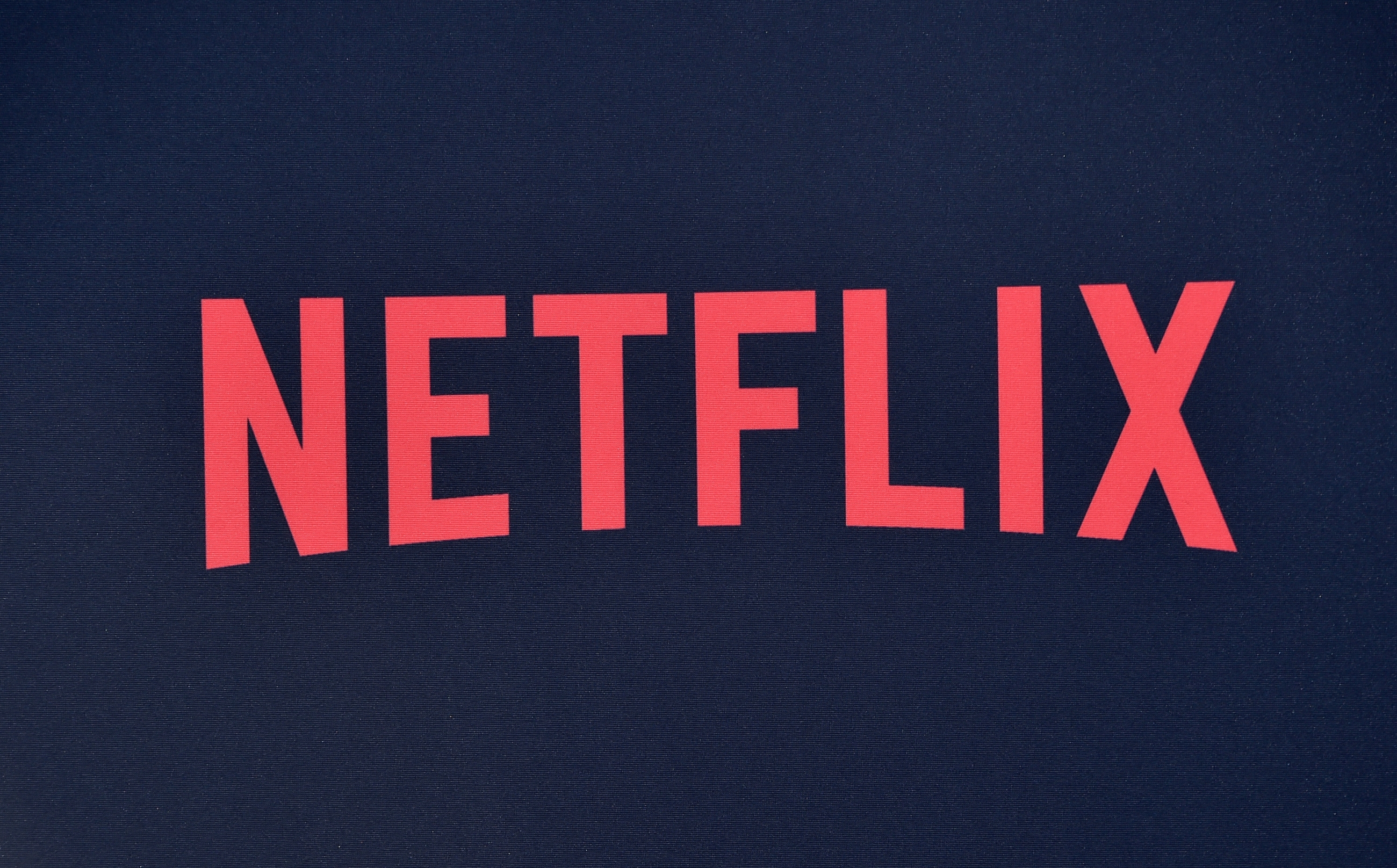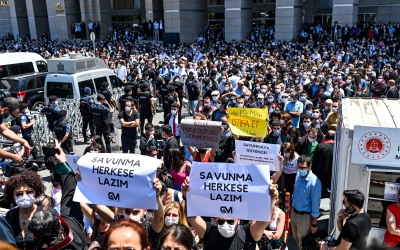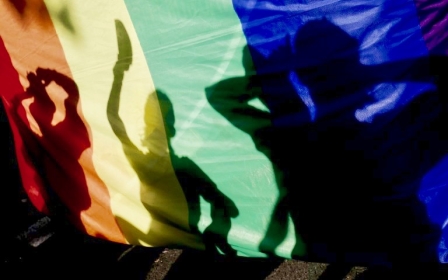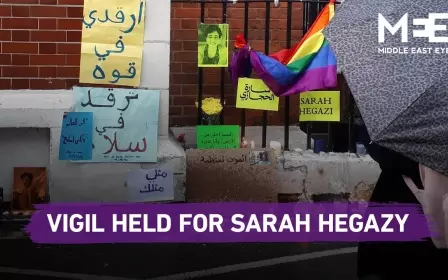Netflix cancels production of Turkish show after LGBT character row

Netflix has cancelled production of a TV show after the Turkish government refused to grant a filming licence over the presence of an LGBT character in the script.
If Only, which had been set to begin filming last week, revolved around an unhappily married mother of twins, who is transported back in time to the night her husband proposed.
Although there were no actual scenes of same-sex intimacy, the row with the government led Netflix executives to decide to cancel the production rather than write out the gay character, a source familiar with the issue told the Financial Times.
“Due to a gay character, permission to film the series was not granted and this is very frightening for the future,” said Ece Yorenc, one of the screenwriters, speaking to the Turkish film website Altyazi Fasikul.
Netflix produced its first original Turkish-language show, The Protector, in 2018.
It was watched by around 10 million subscribers, leading Netflix to commission more productions in Turkey, including three in 2020, of which If Only was set to be one of them.
A Netflix spokesperson said that the US company remained "committed to our Turkish members and the creative community in Turkey".
"We are proud of the incredible talent we work with. We currently have several Turkish originals in production - with more to come - and look forward to sharing these stories with our members all around the world," the spokesperson said in a statement.
'Do we have to bless everything Netflix makes?'
Monday's announcement comes after a similar row over the ongoing Netflix TV show Love 101, which was subject to calls for a boycott in April after rumours spread that one of the characters in it was to be gay.
The furore over LGBT representation has received a mixed reception in Turkey.
Speaking to journalist Aysegul Dogan last week, actor Beren Saat slammed the the suggestion that LGBT content "encourages homosexuality".
"Even if you shut down Netflix, gay people will exist and we will continue to accept them, love them and tell their stories," she said.
Mahir Unal, a spokesman for Turkey’s ruling Justice and Development party (AKP), said on Sunday that the government had raised issues with some Netflix scripts.
“Must we collectively apologise to Netflix?” he said, according to the Financial Times.
“What do they want from us? Do we have to bless everything Netflix makes, find it proper and sanctify it? Is there no subject where we have a right to raise reservations?”
Unal had previously indicated that the government had also pressured the producers of Love 101 to drop the gay character from the show.
Homophobia rows
The Netflix row is just the latest chapter in a months-long dispute in Turkey over the question of LGBT rights, which arguably began with a widely reported controversy around anti-LGBT comments made by the head of Turkey's Directorate of Religious Affairs.
Ali Erbas declared in one of his sermons that homosexuality "brings illnesses and corrupts generations".
Turkish President Recep Tayyip Erdogan defended Erbas, claiming criticism of him was a “deliberate attack against Islam”.
In the wake of the comments, a number of bar associations made criminal complaints against Erbas, which led to an ongoing fight between the organisations and the government, who have attempted to restructure the long-established bar associations.
Although homosexuality has never been illegal in Turkey, it not widely accepted and government officials have frequently made homophobic comments and branded same-sex activity alien to Turkey's culture.
Pride marches in Istanbul began in 2003, but in recent years they have been banned and broken up with water cannon and tear gas.
Polling released by Pew Research in June show that 25 percent of people in Turkey said homosexuality should be accepted by society - compared with just 9 percent in 2013 - while 57 percent said it should not.
This article is available in French on Midde East Eye French edition.
Middle East Eye delivers independent and unrivalled coverage and analysis of the Middle East, North Africa and beyond. To learn more about republishing this content and the associated fees, please fill out this form. More about MEE can be found here.






